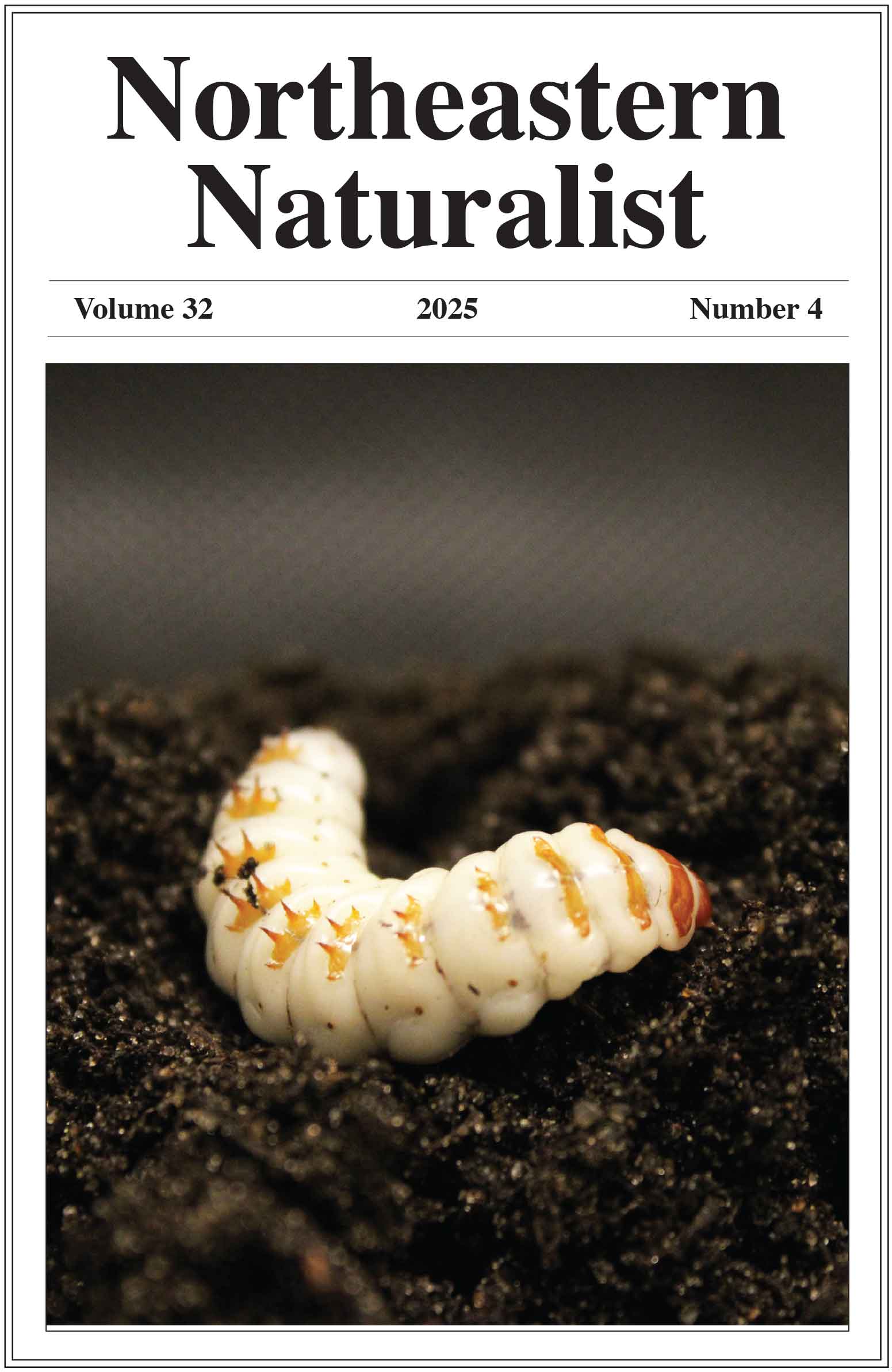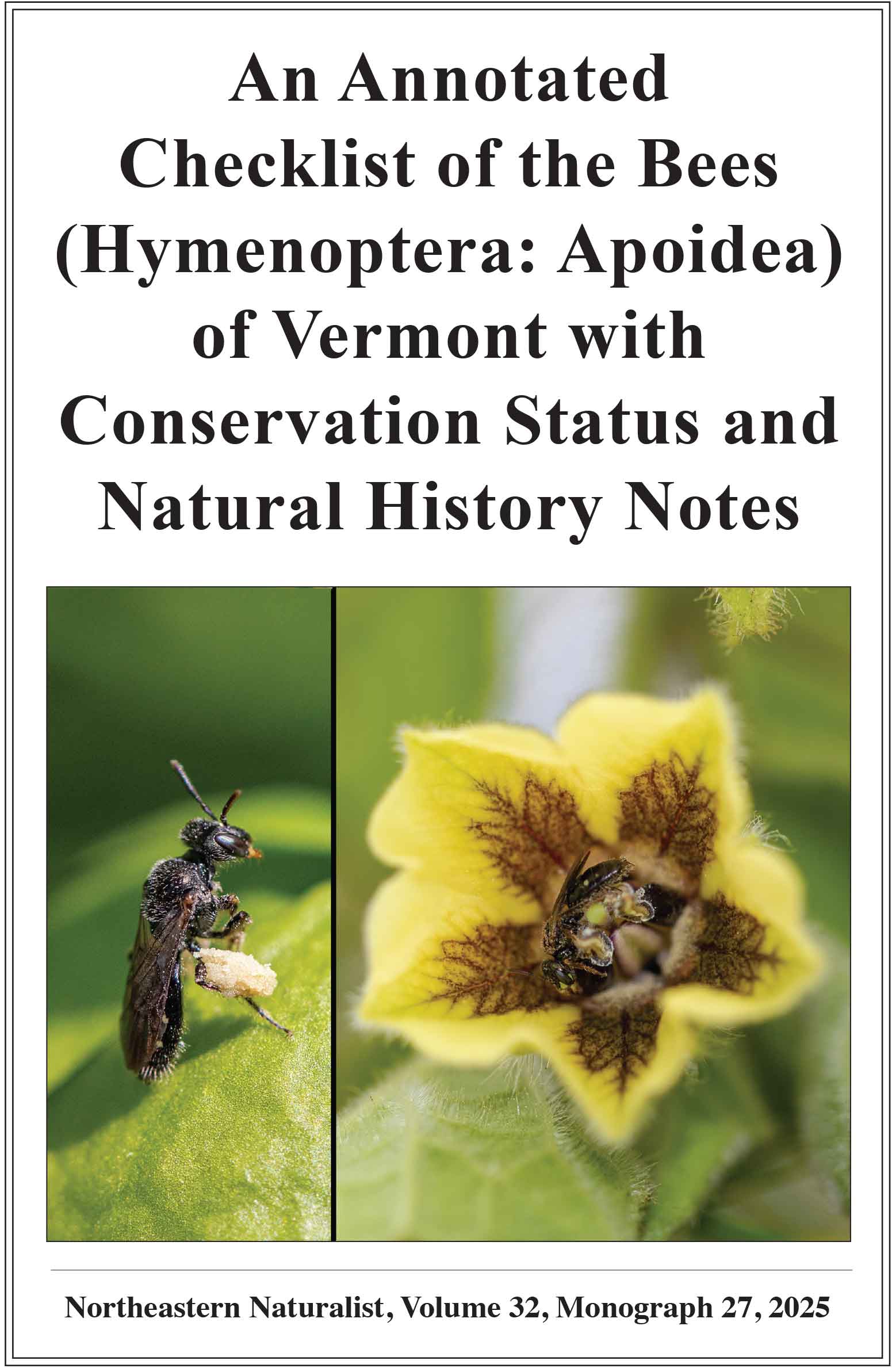Future of Winter in Northeastern North America:
Climate Indicators Portray Warming and Snow Loss that will Impact Ecosystems and Communities
Elizabeth A. Burakowski1,*, Alexandra R. Contosta1, Danielle Grogan1, Sarah J. Nelson2, Sarah Garlick3, and Nora Casson4
1Institute for the Study of Earth, Oceans, and Space, University of New Hampshire, Durham, NH 03824.2Appalachian Mountain Club, Gorham, NH 03581. 3Hubbard Brook Research Foundation, North Woodstock, NH 03262. 4University of Winnipeg, Department of Geography, Winnipeg, MB R3B2E9, Canada. *Corresponding author.
Northeastern Naturalist, Volume 28, Special Issue 11 (2022): 180–207
Abstract
Winters in northeastern North America have warmed faster than summers, with impacts on ecosystems and society. Global climate models (GCMs) indicate that winters will continue to warm and lose snow in the future, but uncertainty remains regarding the magnitude of warming. Here, we project future trends in winter indicators under lower and higher climate-warming scenarios based on emission levels across northeastern North America at a fine spatial scale (1/16°) relevant to climate-related decision making. Under both climate scenarios, winters continue to warm with coincident increases in days above freezing, decreases in days with snow cover, and fewer nights below freezing. Deep snowpacks become increasingly short-lived, decreasing from a historical baseline of 2 months of subnivium habitat to <1 month under the warmer, higher-emissions climate scenario. Warmer winter temperatures allow invasive pests such as Adelges tsugae (Hemlock Woolly Adelgid) and Dendroctonus frontalis (Southern Pine Beetle) to expand their range northward due to reduced overwinter mortality. The higher elevations remain more resilient to winter warming compared to more southerly and coastal regions. Decreases in natural snowpack and warmer temperatures point toward a need for adaptation and mitigation in the multi-million-dollar winter-recreation and forest-management economies.
![]() Download Full-text pdf (Accessible only to subscribers. To subscribe click here.)
Download Full-text pdf (Accessible only to subscribers. To subscribe click here.)
Access Journal Content
Open access browsing of table of contents and abstract pages. Full text pdfs available for download for subscribers.
Issue-in-Progress: Vol. 33(1) ... early view
Check out NENA's latest monograph and Special Issue:













 The Northeastern Naturalist is a peer-reviewed journal that covers all aspects of natural history within northeastern North America. We welcome research articles, summary review papers, and observational notes.
The Northeastern Naturalist is a peer-reviewed journal that covers all aspects of natural history within northeastern North America. We welcome research articles, summary review papers, and observational notes.